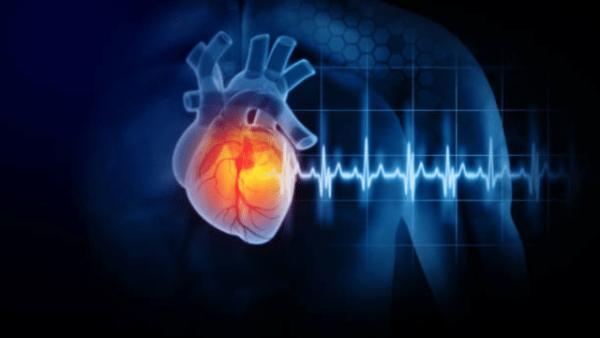
A healthy heart is the cornerstone of a healthy body. It tirelessly pumps blood, delivering vital oxygen and nutrients to every cell, while simultaneously removing waste products. When the heart functions optimally, it enhances energy levels, boosts cognitive function, strengthens the immune system, and promotes positive mental health. By prioritizing heart health through a balanced diet, regular exercise, stress management , and avoiding harmful habits, we can significantly reduce the risk of heart disease and live a longer, healthier, and more fulfilling life.
I use a pneumonic for keeping heart healthy- ‘ADRESS’
Acknowledge your alarms: Your heart health starts with understanding your body and family history.
Symptoms like pain that radiates from your jaw to your stomach, sudden increases in heart rate, high blood pressure, or unexplained shortness of breath could be warning signs.
Diet: Focus on a balanced diet rich in fruits, vegetables, whole grains, and healthy fats. Limit animal fats and processed foods. While moderation is key, even small amounts of good fats like olive oil are beneficial (use it for dressing, not frying). Nuts are a heart-healthy snack. Aim for a colorful plate with a variety of fruits and vegetables.
Minimize red meat and alcohol intake, and prioritize water as your main drink. Avoid protein supplements, as they can put strain on your heart and kidneys.
Rest and recreate: Don’t follow the "work hard, party harder" motto. You deserve time to relax and unwind. Laughter, spending time in nature, and pursuing hobbies can all reduce stress and improve your heart health. Think of life as a marathon, not a sprint. Don't be a pressure cooker; releasing stress is as important as releasing steam. Surgeons even use a "smile test" during valve repair surgery - a wide smile in the repaired valve indicates a successful operation. So smile often, your heart will thank you!
Exercise: Aim for 45 minutes of exercise most days of the week. Choose activities you enjoy, whether it's yoga, gym workouts, or brisk walking. Consistency is key. Before starting a vigorous exercise routine, especially if you have a family history of heart problems, consult your doctor. Increase intensity gradually and monitor your heart rate. A good rule of thumb is to keep your heart rate below 220 minus your age. Remember, even small improvements are beneficial. If weight loss is needed, aim to lose no more than 10% of your body weight in 3-6 months.
Sleep: Sleep is vital for healing and maintaining overall health. Strive for 6-8 hours of quality sleep each night. If you snore heavily or wake up unrefreshed, consult your doctor. Avoid caffeine before bed and ditch the myth that alcohol helps sleep. In fact, it disrupts your sleep cycle. Aim for a new motto: "Work hard, play hard, sleep hardest."
Seek professional guidance: Self-medication can be dangerous. If you have a family history of heart problems, talk to your doctor about emergency medications like blood thinners or statins. Be aware of hidden ingredients in supplements - they might contain substances that harm your heart. While ginger and garlic can be beneficial, don't rely on them as a cure for heart attacks.
Dr Udgeath Dhir, Director and Head of Cardiothoracic and Vascular Surgery (CTVS), Fortis Memorial Research Institute, Gurugram
